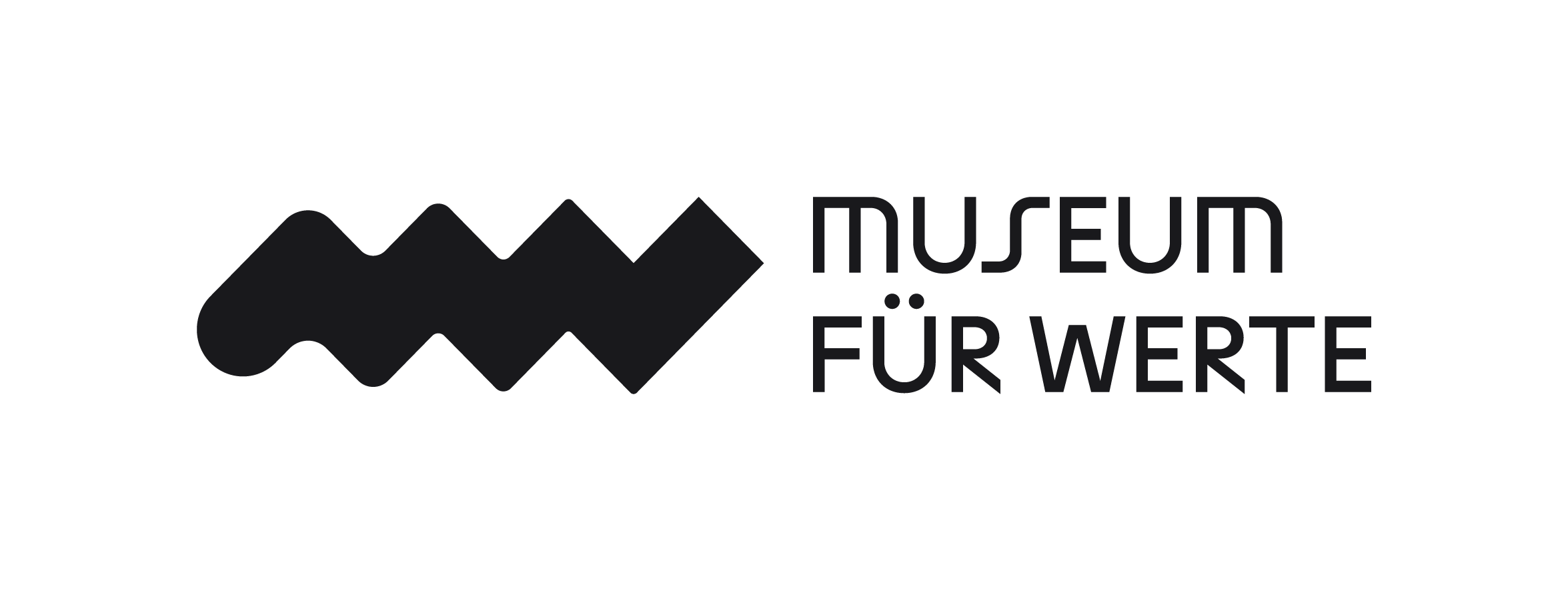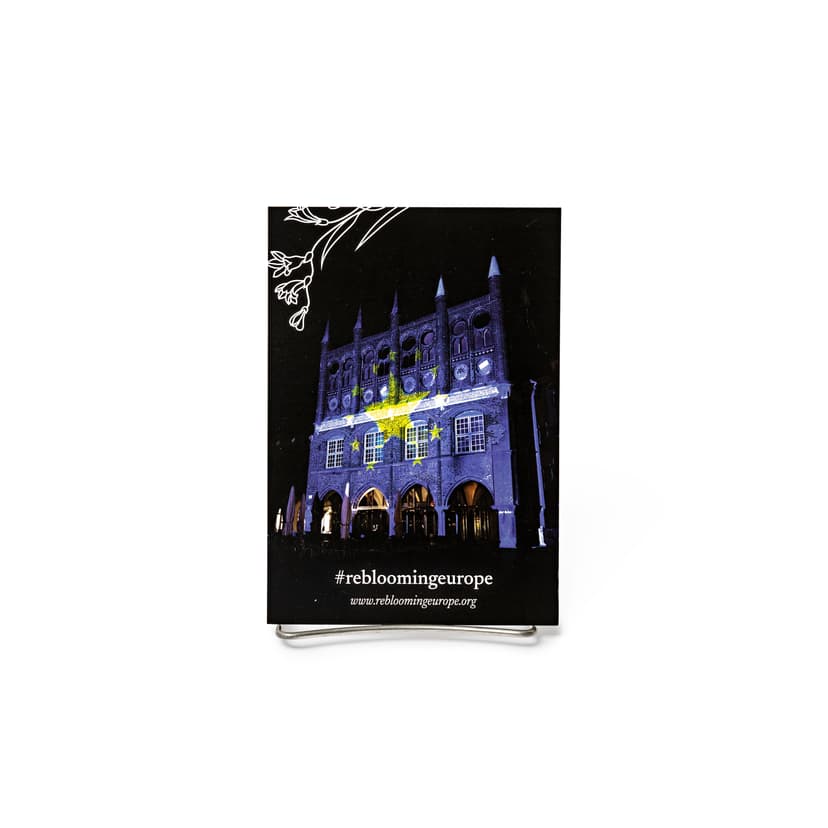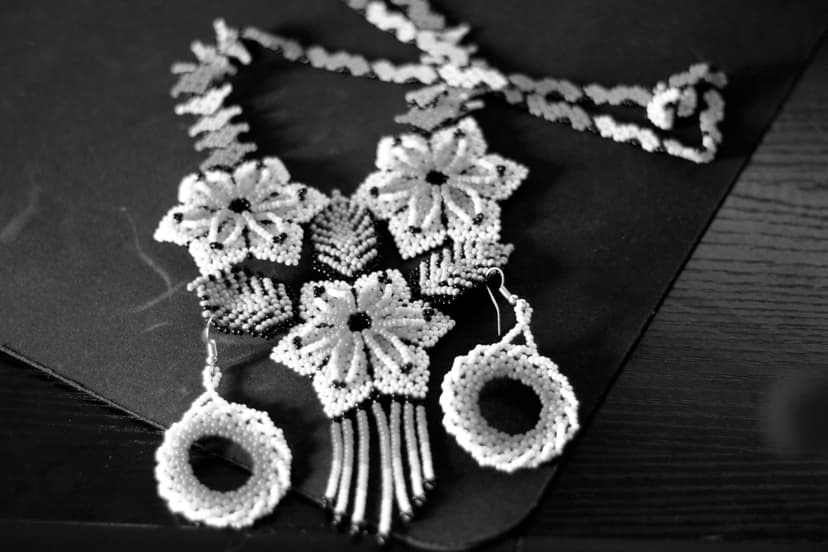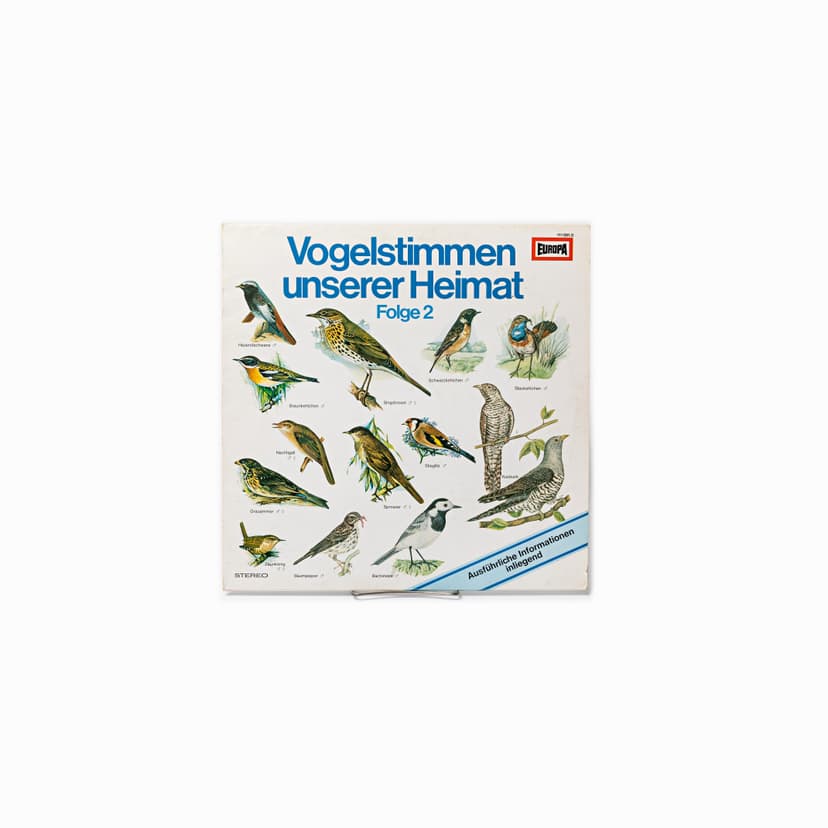In my study, a postcard depicting Lübeck's town hall hangs above the desk. The building is brightly lit. The stars of Europe are visible in the center of the building. The caption reads #rebloomingeurope.
I'm originally from Montenegro and am currently doing a voluntary social year in Lübeck. I've been working with young people since I was about 16. For me, openness doesn't just mean accepting people as they are, but also not pushing them in a direction that I believe is right. Young people, in particular, should be able to be who they are – as long as they don't endanger another person's freedom, of course. When working with young people, you have to be open to their history, their background, and their problems, simply to everything that is part of who they are, without forcing your own vision of them to the fore. Openness is a very important social value for me. Societies and democracies cannot survive without being open to ideas, change, and generally a different path than the one they already know. On a personal level, I think openness is important. In Lübeck and other cities in Germany, I love hearing all the different languages on the street. There are so many different restaurants where you can eat Vietnamese, Chinese, Italian, or Mexican food. And I love walking past the music academy, where so many young people from different nations come together and make music together, even though they seem so different at first glance.
I'm 23 years old, which means I still remember what it was like to be a teenager. I was very confused, didn't know who I was, what I wanted to do, or what the hell I was doing on this planet. There was a moment at school when I decided I wanted to do something meaningful with my life, something good—and working with young people seemed like a good place to start. I stuck with it. I just needed a positive push from outside, another guy at school who was already making a difference in the world. Then I thought: I can do that too. I find it incredible to be able to help young people by giving them opportunities to develop self-confidence. You just need to show them a path into society and give them opportunities to become active. I once organized a workshop in Montenegro called "Get outside the Box," where we wanted to work with young people on speaking freely on stage. Many young people had previously told us that they had great difficulty opening up to other people, that they were bullied at school and hadn't told anyone about it yet. During the workshop, we discussed verbal and nonverbal communication and did small exercises. We were able to watch as the young people gradually opened up. In the end, they were able to speak openly in front of others. We managed to give them the courage, and this openness transformed into self-confidence. It was so wonderful to see how quickly they then opened up and changed their attitudes. Such moments are particularly important for young people, because they usually only move within their family circle, and that is limited. In workshops with other young people, they can learn about other perspectives and try out new environments. I still follow a few of the participants from back then on Instagram, and it makes me happy to see how they've developed. Some of them are bursting with self-confidence. It takes a lot of courage and determination to open up. But once you do, it can be life-changing.
When I first moved to Lübeck, the first few days were quite challenging for me. It was hard to open up to the North German mentality. People in Lübeck always plan everything in advance in a calendar. Everything happens at a specific time. If I want to meet up with colleagues, I have to arrange it two weeks in advance. That's totally strange for me because these things are different in my culture. Without wanting to reproduce clichés, people in Montenegro tend to be spontaneous and a bit chaotic. My first impulse is to judge this behavior. But it's better to open yourself up and understand that the peculiarities of a culture have their reasons, historical ones, for example. They are the product of many generations and their experiences. They can't be like you because you've led a different life. I've gotten used to these differences over time. And now I'm sometimes the one who has an appointment in my calendar many weeks in advance.
On the other hand, I'm trying to change the prejudices about the Balkan countries. I've often found that people know little about the Balkans. They consider Montenegro and other countries less civilized or think the war is still going on. I want to change people's image of my country. I tell them, for example, that there are universities in Montenegro or that we have a Green minister. I enjoy sharing my life and my experiences.
The European idea is one of the most important we have. This postcard reminds me of that again and again. Sure, Europe has many problems. It has structural problems with inequality, racism, sexism, patriarchal hierarchies, and much more. But I would rather use my energy to work on a better Europe. If we abandon the European idea, we will forgo a future of peace.




